Abrapa sees new opportunities in China during the Cotton Brazil mission
Business and Markets |
The stable supply of cotton to China and the capacity to expand both cotton production and the exports of seed and seed meal were the key messages conveyed by the Brazilian Cotton Growers Association (Abrapa) during its Mission to Asia. This week, a Brazilian delegation was in Guanzhou (China) and Taipei (Taiwan) for a series of Cotton Brazil events. Cotton Brazil is the program run by Abrapa to promote Brazilian cotton on a global scale.
Abrapa’s Director of International Relations, Marcelo Duarte, spoke at the main plenary session of the 2025 China International Cotton Conference, considered one of the largest cotton sector events in Asia. Presenting data on the current Brazilian crop and export prospects, Mr. Duarte highlighted the differentials that Brazilian cotton has and explained the path that has taken Brazil to its current position as the world’s largest exporter.
“Buyers recognize Brazil as one of the major global players, often cited for its enormous production potential and continuous evolution in terms of both quantity and quality,” he commented. “In addition, we are becoming a reference point for responsible production, traceability and quality,” he added.
The diversity of products exported by Brazilian cotton growers was also on the agenda during the Asia Mission. “There is huge potential for Brazil to increase foreign sales of cottonseed and cottonseed meal as well,” explained Abrapa vice president, Celestino Zanella.
This potential became even clearer during the technical visit to the Haid Group, a Chinese conglomerate specializing in animal nutrition. This business group is the largest producer of animal feed in China and has plans to invest in a cottonseed crushing plant in Brazil.
Brazilian agricultural attaché in Beijing, Leandro Feijó accompanied the Brazilian delegation on the Chinese leg and gave a positive assessment of the experience. “We made many contacts with government authorities, as well as importers and traders. We emphasized the fact that Brazil offers legal security, transparency and a solid trade relationship with China”, he explained.
For Mr. Feijó, Brazil’s potential to expand agricultural production without deforestation and the improvement of logistics contribute to the country being “a reliable, stable partner committed to meeting the demands of the Chinese cotton market”.
The Asia Misson is part of the Cotton Brazil program, an Abrapa initiative in partnership with the Brazilian Trade and Investment Promotion Agency (Apex Brasil) and the National Cotton Shippers Association (Anea). Its aim is to promote all the potential of Brazilian cotton on an international scale.
